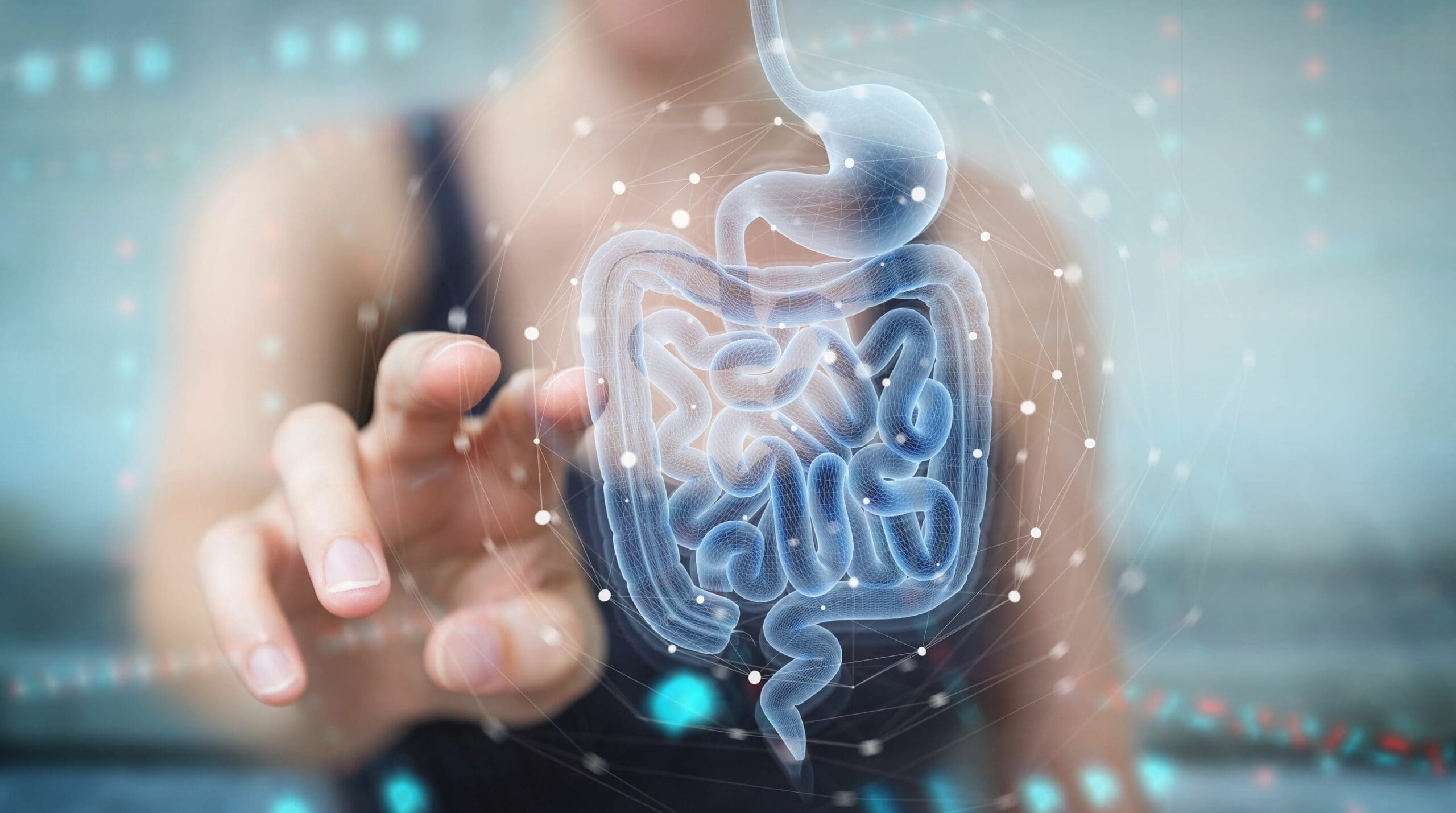The research field of the gut microbiome continues to advance rapidly. Now researchers have found that using an algorithm based on a person’s gut microbiome can more accurately predict their spike in blood glucose after a meal than a model based on the kilojoule or carbohydrate content of the food.
Elevated blood glucose levels are linked to a higher risk of developing serious health conditions such as type 2 diabetes and cardiovascular disease.
Dietary changes targeted to normalising the post-meal changes in glucose levels are a cornerstone of improving health markers such as fasting glucose in people who have diabetes. Likewise, abnormal glucose responses are a sign that someone can be on the road to developing diabetes or cardiovascular disease.
The spike in blood glucose after eating food varies a lot between people. A person’s physiology, genetics and surprisingly even their gut microbiome fingerprint are all responsible for this variation.
Knowing just how much the gut microbiome can influence health, researchers are looking more closely to see how this could help predict a person’s unique blood glucose response to food.
In 2015, Israeli researchers for the first time showed how an algorithm that used microbiome information combined with other factors such as sex, age and weight, could accurately predict post-meal glucose responses in people who did not have diabetes.
Now in a new study, a research team from the Mayo Clinic in the United States used a microbiome test kit developed by the Israeli researchers to apply this to a large group of people without diabetes living in the United States.
Each person provided a stool sample to generate their microbiome fingerprint. Over the next six days, each person wore a continuous glucose monitor and recorded their food and activity levels in a phone app. All these data were used to develop a personalised blood glucose predictive algorithm for each person.
The real meat of the study happened when the algorithm was put to the test in a standardised laboratory food test.
A model that incorporated a person’s gut microbiome was far superior to predicting the post-meal glucose spike compared to estimating this using just the kilojoule or carbohydrate content of the food.
Implications
This early-stage research is showing just how much influence the microbiome make-up of a person can influence their physiology.
As the work eventually moves to people with diabetes, then positive results could eventually mean that a stool test and use of a phone app could be a standard part of the lifestyle management of this condition.





